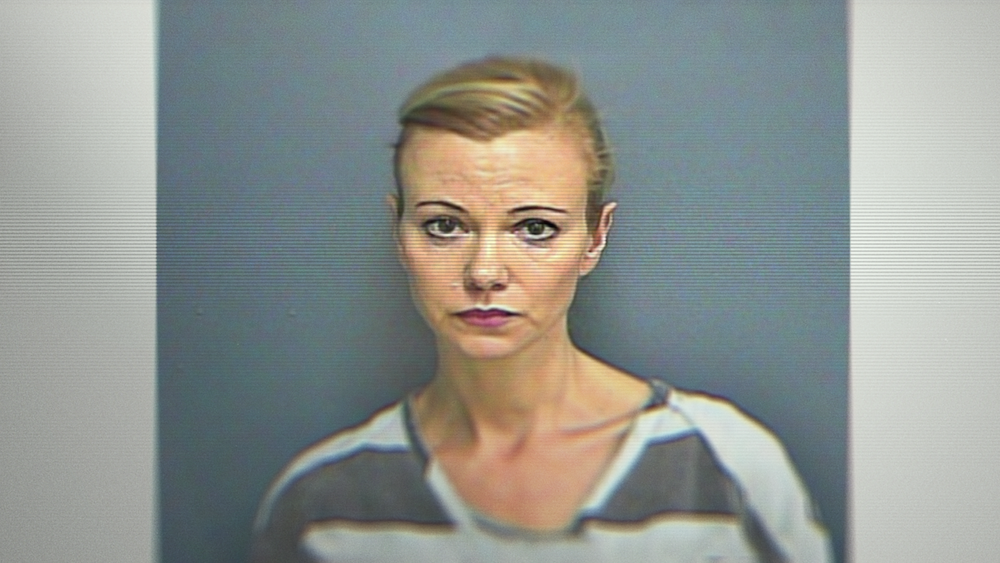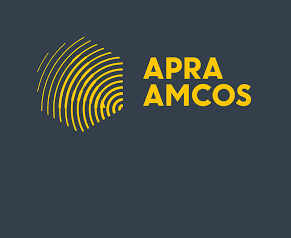Netflix has once again found a criminal case whose oddity, extremity, and seeming delusion make for an interesting story. “Bad Vegan: Fame. Fraud. Fugitives” — the director of which, Chris Smith, executive produced “Tiger King” and helmed “Fyre: The Greatest Party That Never Happened,” both previously on the streamer — certainly has that to its credit. Sarma Melngailis, a celebrated raw-food chef with a burgeoning restaurant under her control, fell from a perch atop the New York culinary establishment after draining her restaurant’s funds to pay her husband Anthony Strangis, eventually going on the lam with him before being discovered in Pigeon Forge, Tennessee, after the couple ordered — irony alert — a Domino’s pizza.
From the enigma of what motivates us to a rise-and-fall narrative to — yes — the pleasures of schadenfreude, the materials for a fascinating tale are here. And Melngailis’ journey, culminating in her arrest for fraud, certainly bears the fascination of tragedy. She narrates her story to the camera in the present day, but is unable to account for how or why, precisely, she fell into a pairing with someone who so clearly had her worst interests at heart, who treated her and her passion-project vegan eatery as a sponge to be squeezed for more and more money. Perhaps she’s not the person to ask: Smith relies on journalist Allen Salkin, whose 2016 article about the case for Vanity Fair animated the story for many readers. Salkin has greater clarity on the consequences of Melngailis’ actions, but he’s unsure, too, of how culpable the chef should be for her actions. “If Sarma was brainwashed, should she be found guilty of those things that she did, or shouldn’t she?,” Salkin asks. He adds, “I’m still not sure.”
A few things are missing from this picture. Most crucially, we lack a sense of how, exactly, Strangis brainwashed Melngailis — or if he did. What we hear of his voice in recordings is the stuff of outright abuse, and is tough to hear; what Melngailis narrates in retrospect about his promises to use supernatural powers to help her and her dog achieve immortality is a part of the story that seems to demand Strangis’ response, as is her trancelike recounting of their cross-country travels. A chyron at the end of the first episode indicates that he declined to participate in the documentary, leaving certain fundamentals of the case frustratingly unanswerable.
His absence creates a sort of wilderness of confusion, one that’s exacerbated by “Bad Vegan’s” lack of real insight about the milieu in which Melngailis swam. The title and framing seem to suggest that, as a leader in the raw-food movement, Melngailis might be uniquely susceptible to influence; cosmic visual effects as we hear Strangis’ recorded voice from the past push the point. But there’s little effort made to investigate what, exactly, Melngailis’ Pure Food and Wine added to the landscape, as if “Bad Vegan,” even at a hardly breakneck-paced four hourlong episodes, is content to play off audience assumptions. The detail, early on, that Alec Baldwin was a devotee of the cuisine and romantically pursued Melngailis before meeting his current wife at the restaurant is a scrap onto which the audience leaps hungrily, craving a bit more about what this story meant — who Melngailis was in society before her fall. There’s a craving to push beyond “Fyre”-esque shock value.
But the astounding set of facts the doc manages to provide is not nothing, and viewers interested in hearing level-headed people describe witnessing their boss melt down will be compelled. (One, charmingly, mimes eating popcorn.) Give “Bad Vegan” this much: It does get right the balance between genuine gawky curiosity about its subject’s travails and sympathy. It gets that something bad happened to Melngailis and invites us to witness the ripple effects of her reaction. It has humanity to spread around, for her and for her own victims, whom she ripped off to pay her alleged abuser. But the elusiveness of answers about “why” — and the inability, then, to make “Bad Vegan” about bigger questions about truth or even about the specifics of Melngailis’ world — make the docuseries grow, eventually, frustrating; four hours is a long time to spend running through a specific set of facts with a hard limit as to how far we can explore.
“Bad Vegan” launches Wednesday, March 16 on Netflix.
From Variety US


































